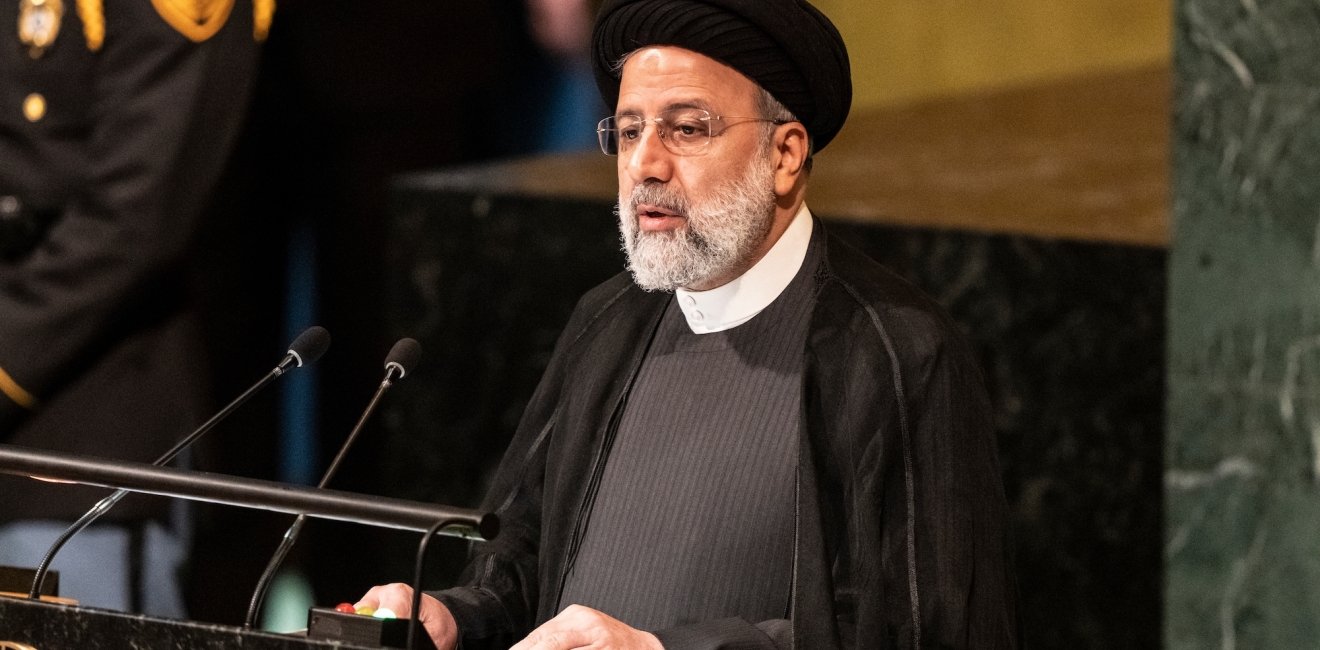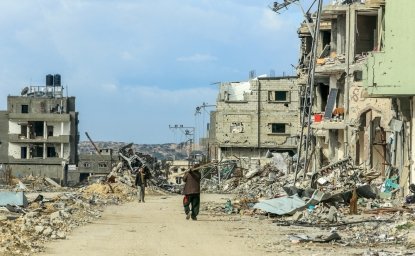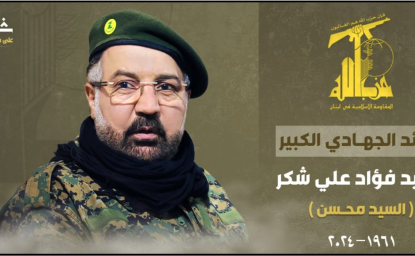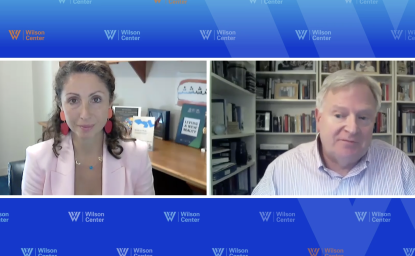The Iranian role in the clearly well-planned and well-coordinated Hamas attack by land, air, and sea on Israel is the subject of much debate. That Iran has supported Hamas financially by the provision of rockets and arms and by training is well known. Iran’s modus operandi in the Middle East has long been to avoid direct involvement but act through proxies—Hezbollah in Lebanon, Islamic Jihad and Hamas in Gaza, and militias in Iraq—to expand its influence and achieve its policy goals. The long-term planning that made last week’s Hamas attack possible strongly suggests an Iranian role.
In fact, an article this week in the Wall Street Journal quotes senior members of Hamas and Hezbollah, saying that Iranian security agents and representatives of the Revolutionary Guards were involved in the training and planning of the attack and that last Monday, in a meeting in Beirut, gave Hamas the go-ahead. According to the WSJ, a European official and an adviser to the Syrian government confirmed this account.
Iran’s network
True, Secretary of State Antony Blinken has said the US has not seen evidence that Iran directed or was behind Hamas’s military operation, but that may not be his last word on this matter; former US ambassador to Israel Martin Indyk took a nuanced view: Hamas does not take direction from Iran, he said, but coordinates with it.
Iran, as expected, has denied any involvement in the planning efforts but applauded the attack. In a speech, the Supreme Leader repeated what he had said before: “God willing, the cancer of the usurper Zionist regime will be eradicated at the hand of the Palestinian people,” he said. Iran’s President Raissi congratulated Hamas for its “victory” and spoke on the phone with the Hamas leader, Ismail Haniyeh.
The Islamic Republic is playing a dangerous game, ignoring warnings from Israeli leaders that there will be consequences for those who play such a dangerous role.
Iran’s motivation, as well as that of Hamas, is clear. Several Arab states in the Persian Gulf have made peace with Israel. Saudi Arabia, the leading Arab state in the Gulf, has been involved in talks coordinated by President Biden, which could lead, under certain, admittedly difficult-to-achieve conditions, to recognition of Israel by the Saudis. Iran and Hamas have every interest to make sure that does not happen. Having assumed the role of the principal opponent of Israel in the region, arming militias aiming at the destruction of Israel and engaging in inflammatory language against it, the Islamic Republic is playing a dangerous game, ignoring warnings from Israeli leaders that there will be consequences for those who play such a dangerous role.
The Islamic Republic’s massive support for Hamas is not necessarily shared by the Iranian people. The people seem to resent the considerable monies the regime is spending on militias across the Middle East.
Rising resentment
The Islamic Republic’s massive support for Hamas is not necessarily shared by the Iranian people. In fact, the people seem to resent the considerable monies the regime is spending on militias across the Middle East. According to a report on the web, spectators who walked into a Tehran stadium for a recent soccer game carrying Palestinian flags were booed by the crowd. In demonstrations in Iranian cities protesting economic hardship and worsening conditions, demonstrators shouted slogans objecting to the money the regime was spending in support of Hamas in Gaza, Hezbollah in Lebanon, the Houthis in Yemen, and proxies in Syria.
But on one matter, Iranians and the rest of the world are on the same page: astonishment that Israel’s famed intelligence agencies and its military failed to detect preparations, months in the making, that resulted last week in the multi-pronged assault on their country by a weaker, smaller, and under-equipped enemy.
The views expressed in this article are those of the author and do not express the official position of the Wilson Center.






